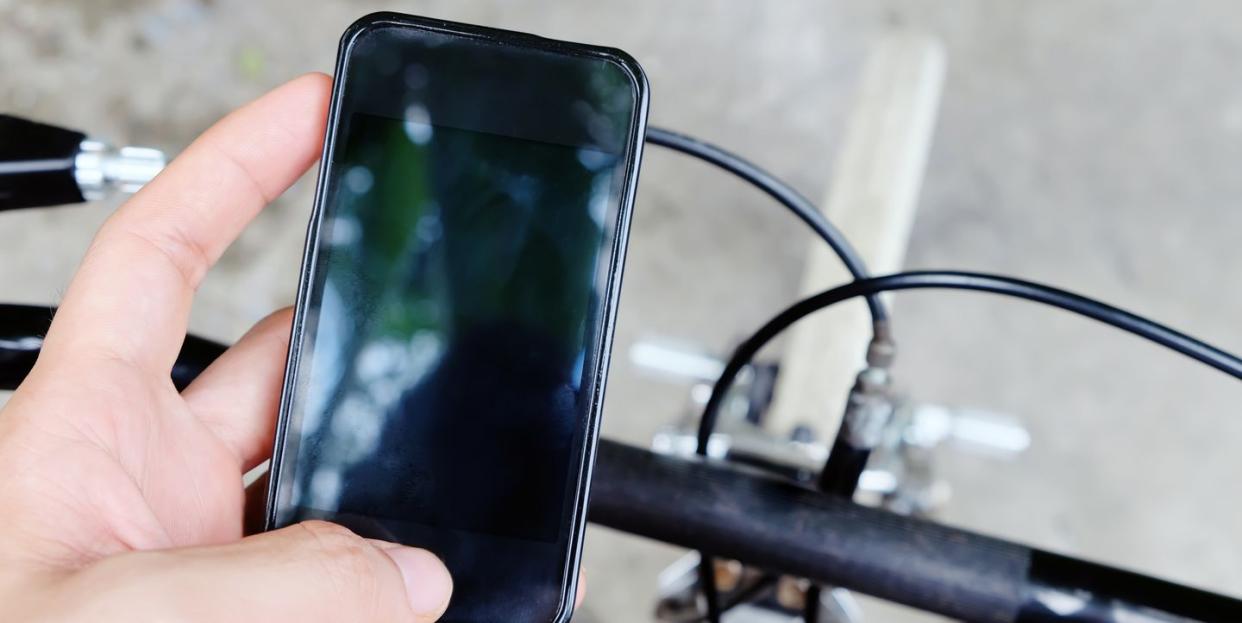This Cyclist Became a Burglary Suspect When Police Obtained His Ride Data From Google

Zachary McCoy, of Gainesville, Florida, discovered that he was a prime suspect in a local burglary after biking past the victim’s house last year.
Local police had used a geofence warrant to determine who had been near the victim’s house the day of the burglary.
McCoy had to hire a lawyer to to keep his personal information private from the police and to fight the warrant in court.
On March 29, 2019, Zachary McCoy was out riding one of his usual routes in Gainesville, Florida and tracking it using the app Runkeeper, as usual. What was unusual, however, was discovering nearly a year later that his ride had surprisingly made him the lead suspect of a residential burglary.
As reported by NBC News, Google sent an email to McCoy on January 14, notifying the Gainesville, Florida, resident that his account information was being requested by local police. He was given a week to stop the action in court.
McCoy searched for the case on the police department’s website, using the police report number provided in the email, and learned that he was connected to a residential burglary that had taken place less than a mile from his home. The female victim, 97, had lost an estimated $2,400 worth of possessions, including an engagement ring and other jewelry—but McCoy was at a loss for why police thought he had anything to do with the burglary.
With his parents’ help he hired a lawyer, Caleb Kenyon, who discovered that police had used what’s known as a geofence warrant—which allows police to obtain the location history of Google users through their phones’ GPS, cellular network, and more—to figure out who had been near the scene of the crime when it occurred. McCoy’s location history, gathered from his ride tracker that day, had caught their attention.
But that data is given to police anonymously; while they knew of McCoy’s whereabouts the day of the burglary, they didn’t know his name, which is why they requested further information from Google.
McCoy realized he had gone on a bike ride on March 29, the day of the robbery, and his route looped by the victim’s house three times.
“It was a nightmare scenario,” McCoy told Jon Schuppe for NBC News. “I was using an app to see how many miles I rode my bike, and now it was putting me at the scene of the crime. And I was the lead suspect.”
Kenyon filed a motion in civil court to fight the warrant and prevent police from obtaining more information on McCoy. The police eventually dropped the warrant, but Kenyon still decided to show the detective McCoy’s past tracked rides, in order to illustrate that his client rides past that house all the time.
Right now, geofence warrants only affect Google users—those who own Android phones, and those who don’t have Android phones but still use Google’s location services in some way. While the odds of this happening to another cyclist, or any innocent bystander, are likely slim, there are still concerns about violation of privacy and even the overall legality of geofence warrants.
[Find 52 weeks of tips and motivation, with space to fill in your mileage and favorite routes, with the Bicycling Training Journal.]
And though things worked out in the end for McCoy, he and his parents still had to pay several thousand dollars in attorney fees.
“It just seems like a really broad net for them to cast,” McCoy told NBC News. “What’s the cost-benefit? How many innocent people do we have to harass?”
You Might Also Like

